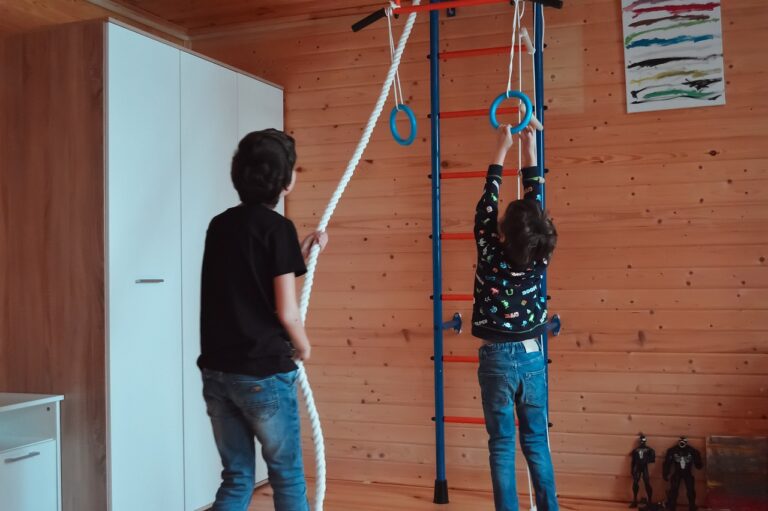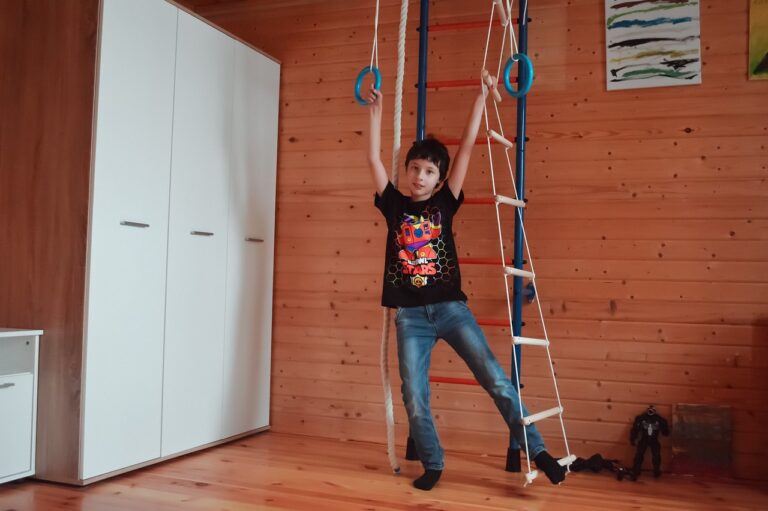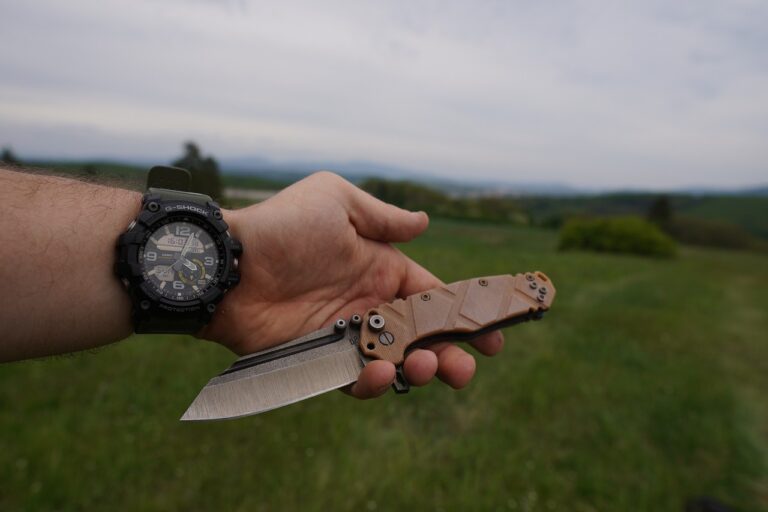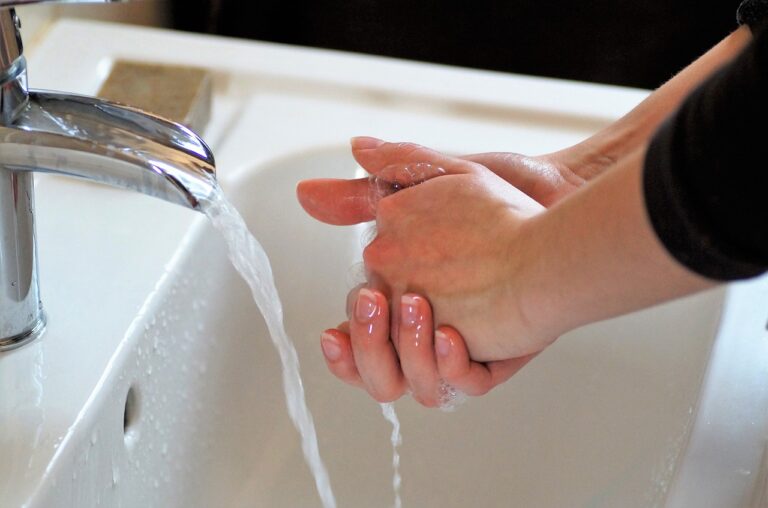Plastic Surgery for Hand Trauma: Nerve Repair Strategies: Sky247, Gold365 login, Gold 365 site sign up
sky247, gold365 login, gold 365 site sign up: Plastic Surgery for Hand Trauma: Nerve Repair Strategies
Hand trauma is a common occurrence that can result in significant damage to the nerves, leading to loss of sensation and function in the affected hand. In such cases, plastic surgery plays a crucial role in repairing the damaged nerves and restoring normal function. In this article, we will explore the various nerve repair strategies used in plastic surgery for hand trauma.
Understanding Hand Trauma and Nerve Damage
Hand trauma can result from various causes such as accidents, falls, sports injuries, and occupational hazards. When the nerves in the hand are injured, it can lead to symptoms such as numbness, tingling, weakness, and loss of coordination. Nerve damage in the hand can severely impact a person’s ability to perform everyday tasks and significantly affect their quality of life.
Nerve Repair Strategies in Plastic Surgery
Plastic surgeons employ various techniques to repair damaged nerves in the hand and restore function. Some of the common nerve repair strategies used in plastic surgery for hand trauma include:
1. Nerve Grafting: In cases where a nerve has been completely severed, a nerve grafting procedure is often necessary. This involves taking a healthy nerve from another part of the body and grafting it onto the damaged nerve in the hand to facilitate regeneration and restore function.
2. Nerve Transfer: In cases where a nerve has been partially damaged, nerve transfer procedures may be employed. This involves transferring a healthy nerve from a less critical muscle to the damaged nerve in the hand to restore function.
3. Nerve Decompression: In cases where nerve compression is causing symptoms such as numbness and tingling, nerve decompression surgery may be performed. This involves releasing the compressed nerve to relieve symptoms and restore function.
4. Nerve Regeneration: Plastic surgeons may use nerve regeneration techniques such as nerve conduits and nerve growth factors to promote the regeneration of damaged nerves in the hand and restore function.
5. Tendon Transfers: In cases where nerve damage has resulted in muscle weakness and loss of function, tendon transfer procedures may be performed. This involves transferring healthy tendons to restore muscle function and improve hand function.
6. Occupational Therapy: In addition to surgical interventions, occupational therapy plays a crucial role in the rehabilitation of patients with hand trauma. Occupational therapists work with patients to improve hand function, restore range of motion, and regain strength following nerve repair surgery.
FAQs
1. How long does it take to recover from nerve repair surgery?
The recovery time following nerve repair surgery can vary depending on the extent of the nerve damage and the specific procedure performed. In general, it may take several weeks to months to regain sensation and function in the hand.
2. Are there any risks associated with nerve repair surgery?
Like any surgical procedure, nerve repair surgery carries risks such as infection, bleeding, and nerve damage. It is important to discuss these risks with your plastic surgeon before undergoing surgery.
3. Will I regain full function in my hand after nerve repair surgery?
The extent of recovery following nerve repair surgery depends on various factors such as the extent of nerve damage, the success of the surgical procedure, and the effectiveness of rehabilitation. While some patients may regain full function in their hand, others may experience partial improvement.
In conclusion, plastic surgery plays a crucial role in the repair of damaged nerves in the hand following trauma. By employing a range of nerve repair strategies, plastic surgeons can help restore sensation, function, and quality of life for patients with hand trauma. If you have experienced hand trauma and are considering nerve repair surgery, consult with a qualified plastic surgeon to discuss the most suitable treatment options for your condition.






